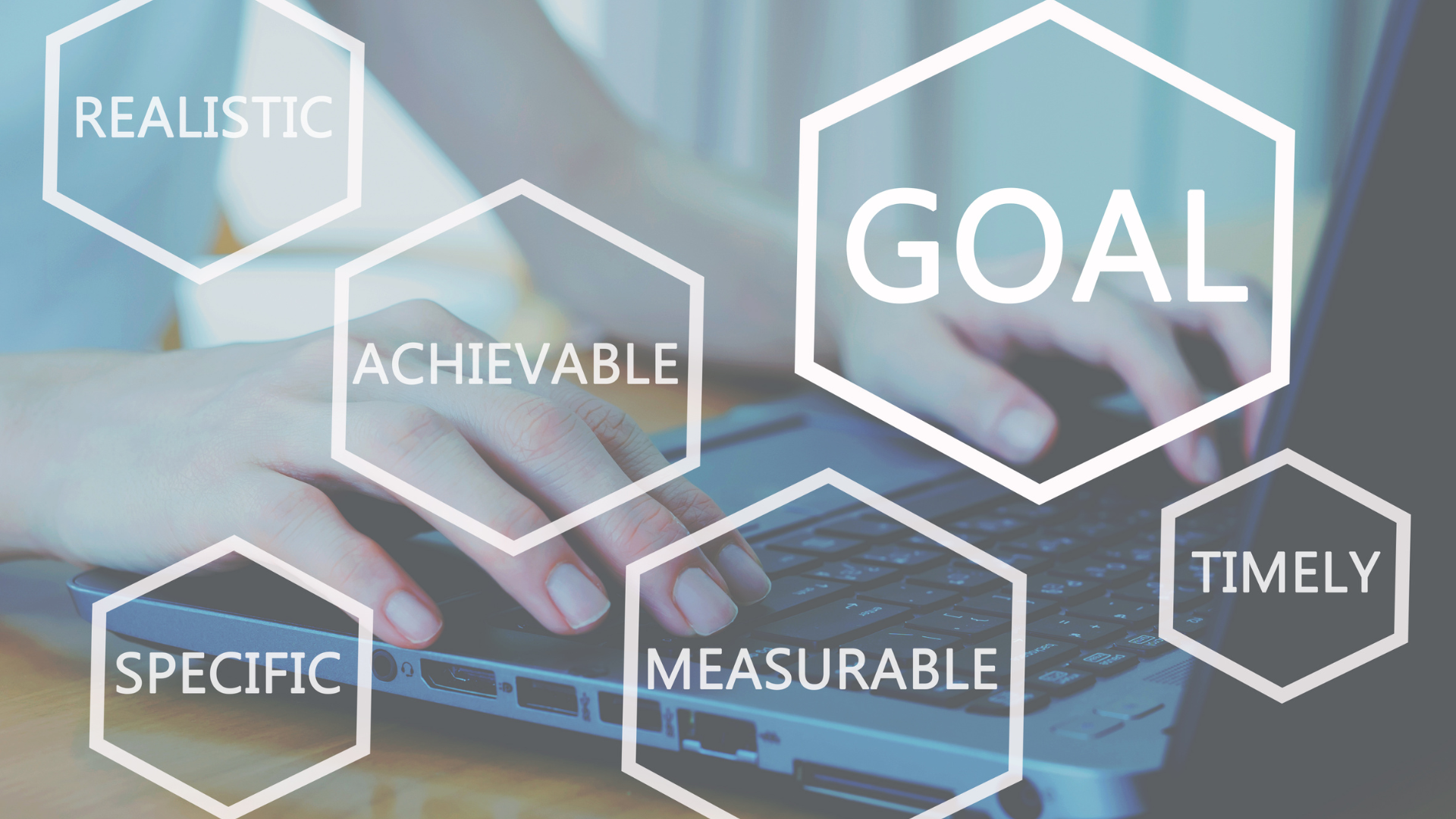The Power of Personal Branding
Stand Out from the Crowd

Introduction
Personal branding is the practice of establishing and promoting a positive reputation based on your name, image, skills, and accomplishments. It involves defining how you wish to be perceived by others and proactively managing your brand. Developing a strong personal brand can differentiate you from competitors in your industry and help advance your career.
In today's job market, simply having a good education and work experience is rarely enough. Employers are increasingly looking for candidates who stand out with a defined specialty, compelling story, and clear vision for their career trajectory. This is where personal branding comes in. By identifying your niche, consistently showcasing your skills, values, and personality online and offline, you build recognition and credibility over time. An intentional approach to crafting your brand makes you more visible and memorable to potential employers and networking contacts.
With the rise of social media and digital profiles, personal branding has become even more important for career success. Your online presence serves as the "face" of your brand and allows you to shape how others perceive you. By strategically using platforms like LinkedIn, Twitter, and blogging to promote your expertise, you can expand your reach and influence. The goal is to develop an authentic, consistent brand across all channels that conveys your unique promise of value. Those who actively manage their brand and online reputation are better positioned for opportunities and advancement.
In summary, personal branding is a key strategy to differentiate yourself, expand your visibility, and advance your career in a competitive landscape. By proactively defining and promoting your skills and experiences, you can build a reputation that opens doors to new roles and opportunities.
Defining Your Personal Brand
Defining your personal brand starts with an honest self-assessment of your strengths, weaknesses, values and motivations. What makes you unique? What are you deeply passionate about? What skills come naturally to you? Evaluating your abilities, interests and principles will reveal the core of your personal brand.
It's also crucial to identify the specialty skill sets that allow you to stand out from the competition. Becoming a subject matter expert in a specific area demonstrates your dedication and competence. Whether it's marketing analytics, UX design, financial modeling or another field, developing niche expertise shows you have something valuable to contribute.
While self-reflection is important, you can't fully shape an effective personal brand alone. Seeking candid feedback from mentors, colleagues and professionals in your industry will provide external perspective. What impression do you give? How could you better convey your strengths? Their constructive critiques will help fine-tune your brand messaging and presence. With self-knowledge and outside input, you can craft an authentic personal brand aligned with your aspirations.
Crafting Your Personal Brand Online
An online presence is critical for building a personal brand in today's digital world. Your online profiles, social media, and websites enable you to shape and communicate your brand effectively.
When crafting your brand online, your professional bio is key. Write a bio that highlights your background, skills, achievements, and goals. Use clear, concise language and include keywords that relate to your field. Mention your specialty, accomplishments, and what makes you unique.
Leveraging social media platforms like LinkedIn, Twitter, and Facebook can amplify your brand reach. On LinkedIn, showcase your expertise by publishing relevant articles and engaging with your network. Twitter enables you to share insights, join discussions, and build authority. Facebook provides a platform to demonstrate your knowledge and personality.
A personal website or blog also allows you to control your brand narrative. Publish professional content that reflects your capabilities. Optimize your website for search to increase visibility. Ensure a consistent brand image across all platforms. Respond to comments and questions to further humanize your brand.
Crafting an intentional online presence allows you to build authority and thought leadership over time. With a compelling bio, strategic social media use, and valuable content, you can share your brand with a wide audience.
Networking and Personal Branding
Networking plays a crucial role in developing and communicating your personal brand. In-person networking at industry events, conferences, and meetups allows you to directly showcase your skills, experience, and personality. Strategically leverage these opportunities to expand your connections while aligning with your brand identity.
When networking in-person or online via platforms like LinkedIn, be consistent in how you present yourself. Maintain the same professional tone and key talking points about your background. Highlight achievements and capabilities relevant to your niche. Adapt your messaging slightly based on the audience, but keep the core elements of your brand intact.
Aim to build connections in your field by providing value. Share insights and best practices, offer advice, and make thoughtful introductions. Networking is a two-way street, so be helpful to others in growing their brands as well. Follow up after events to build rapport.
With a focused, consistent approach across in-person and online networking channels, you can exponentially increase the reach and impact of your personal brand. The connections made will provide opportunities to demonstrate your abilities and achieve your aspirations.
Leveraging Personal Branding for Career Growth
A strong personal brand is invaluable for career growth and development. As you progress through your career, continuously adapt and leverage your brand to aid in promotions, transitions, and accessing new opportunities.
Promotions and Career Transitions
When seeking a promotion or transitioning to a new role, your personal brand is a key differentiator. Highlight relevant accomplishments and results you've driven that make you deserving of advancement. Share insights and perspective that showcase your leadership capabilities and strategic thinking. Engage your managers and leaders to gain visibility and demonstrate your value. Maintaining professionalism and a positive brand image throughout the process can help position you as a prime candidate when new roles arise.
Sharing Insights and Skills for Promotion
Don't be afraid to speak up and share your expertise when seeking a promotion. Offer insights on improving processes, overcoming challenges, and identifying growth opportunities. Seek out ways to collaborate across teams and departments to build your visibility as a thought leader. Take on stretch assignments and projects that allow you to apply new skills. Enroll in training and courses to expand your capabilities. The more you can demonstrate critical thinking, leadership abilities, and a willingness to take on greater responsibilities, the more compelling your case will be for a promotion.
Adapting Your Brand as Your Career Progresses
As you gain experience and transition into new roles, consistently evaluate and evolve your brand. Your skills, interests, and goals will likely shift over the course of your career. Make sure your brand continues to accurately reflect your most current capabilities and aspirations. Take on assignments and volunteer for projects that allow you to demonstrate new abilities. Update your online profiles and bio to showcase how your brand has grown and adapted over time. By organically evolving your brand, you can open up new opportunities and ensure your image remains aligned with who you are today.
Conclusion
Personal branding is an ongoing process that requires continuous effort to build and maintain. By developing a strong personal brand, professionals can differentiate themselves in a competitive job market and advance their careers.
In this guide, we covered key aspects of crafting an effective personal brand. First, it is important to identify your unique strengths, skills, values, and motivations through self-assessment. Seek feedback from mentors to shape your brand accurately.
Next, establish a professional online presence by creating profiles that reflect your achievements and aspirations. Leverage platforms like LinkedIn, blogs, and social media to consistently communicate your brand. Expand your network through in-person and online interactions.
Align your brand messaging across all channels for consistency. Share insights, highlight skills, and maintain professionalism as you progress through your career.
The work doesn't stop here. Revisit your brand periodically to ensure it adapts to your career growth. With a strategic, long-term approach, personal branding can differentiate you from the competition and open doors to new opportunities. Start shaping your brand today to take charge of your career trajectory.
Resources:
https://staffscapes.com/personal-branding-for-career-success-five-ways-to-build-a-personal-brand-that-promotes-your-career-advancement/
https://www.3sixtycareers.com/blog/creating-a-dynamic-personal-brand-for-career-advancement
https://www.yourstyledcollective.com.au/blog/personal-branding-for-career-advancement
https://www.halian.com/article/personal-branding-for-career-advancement
https://ellyandnoracreative.com/how-personal-branding-affects-your-career-growth/
Life Beyond Boundaries


